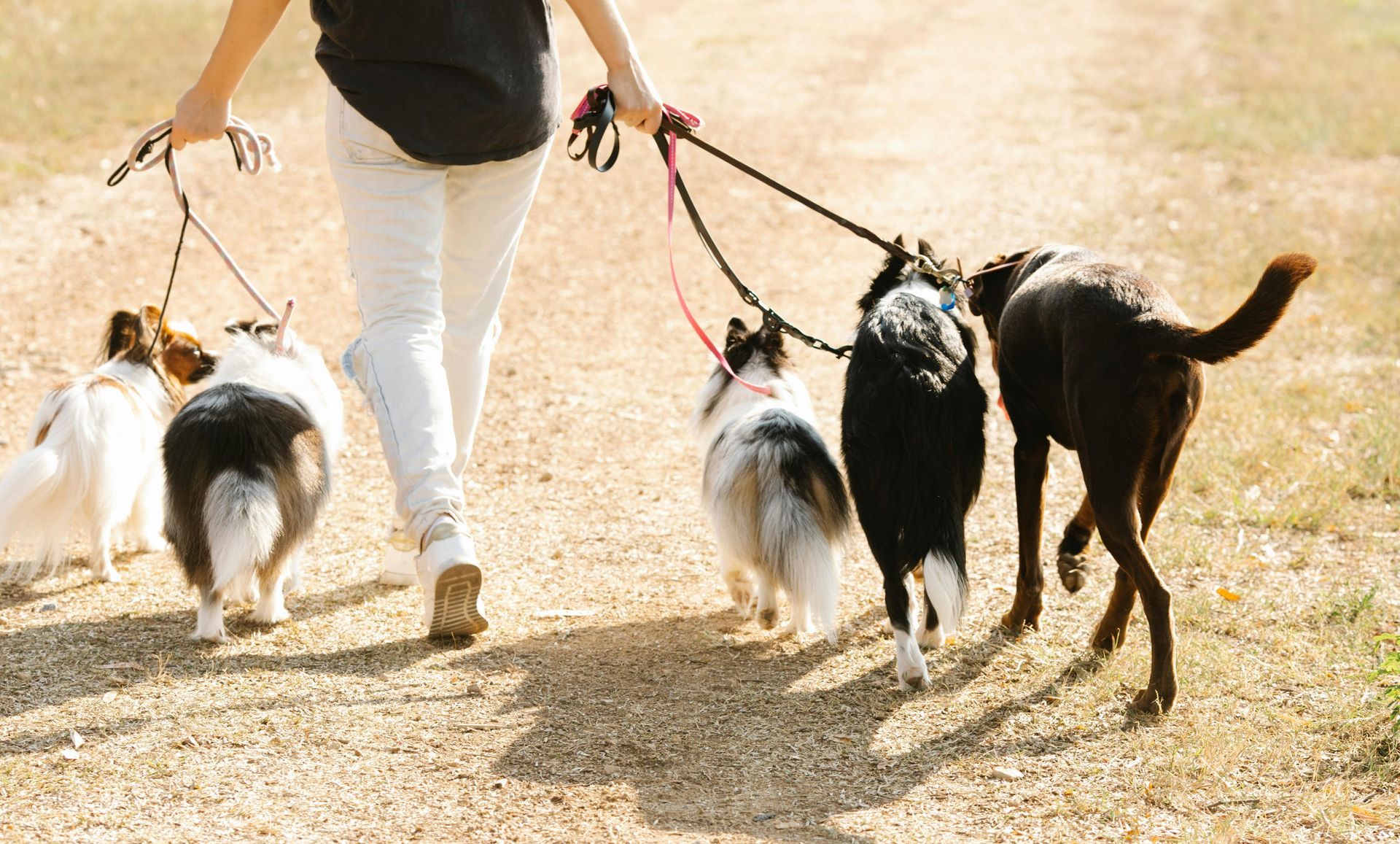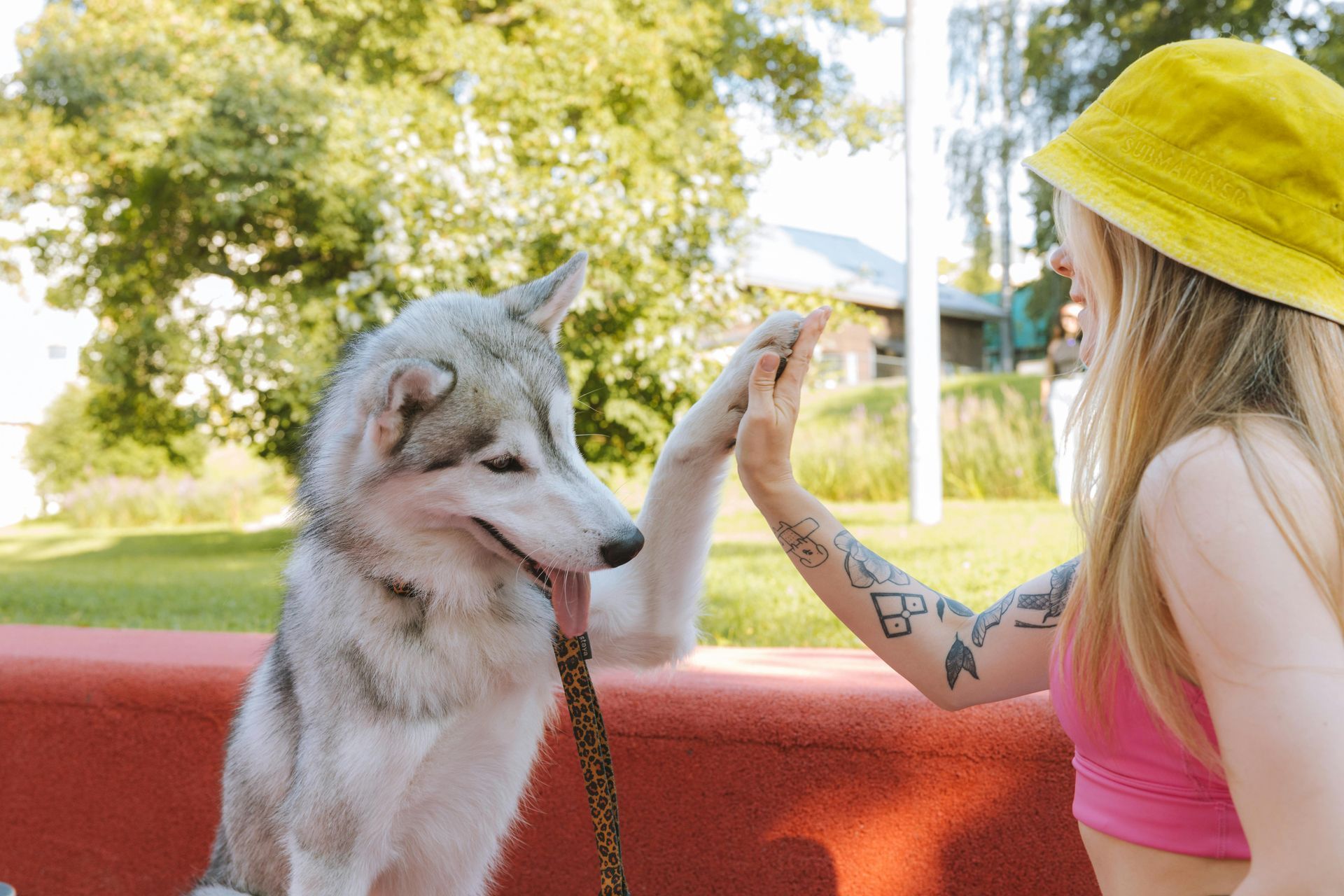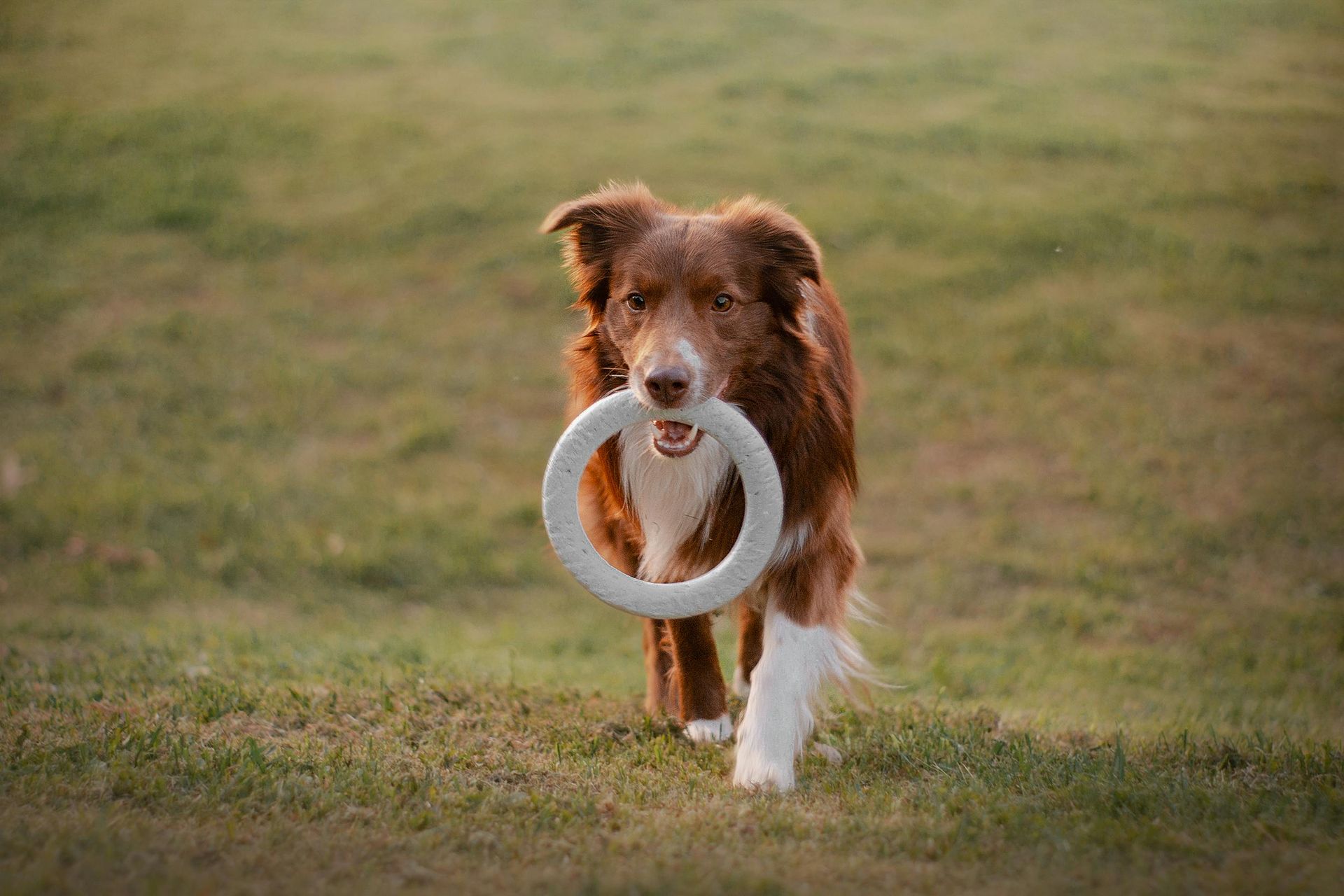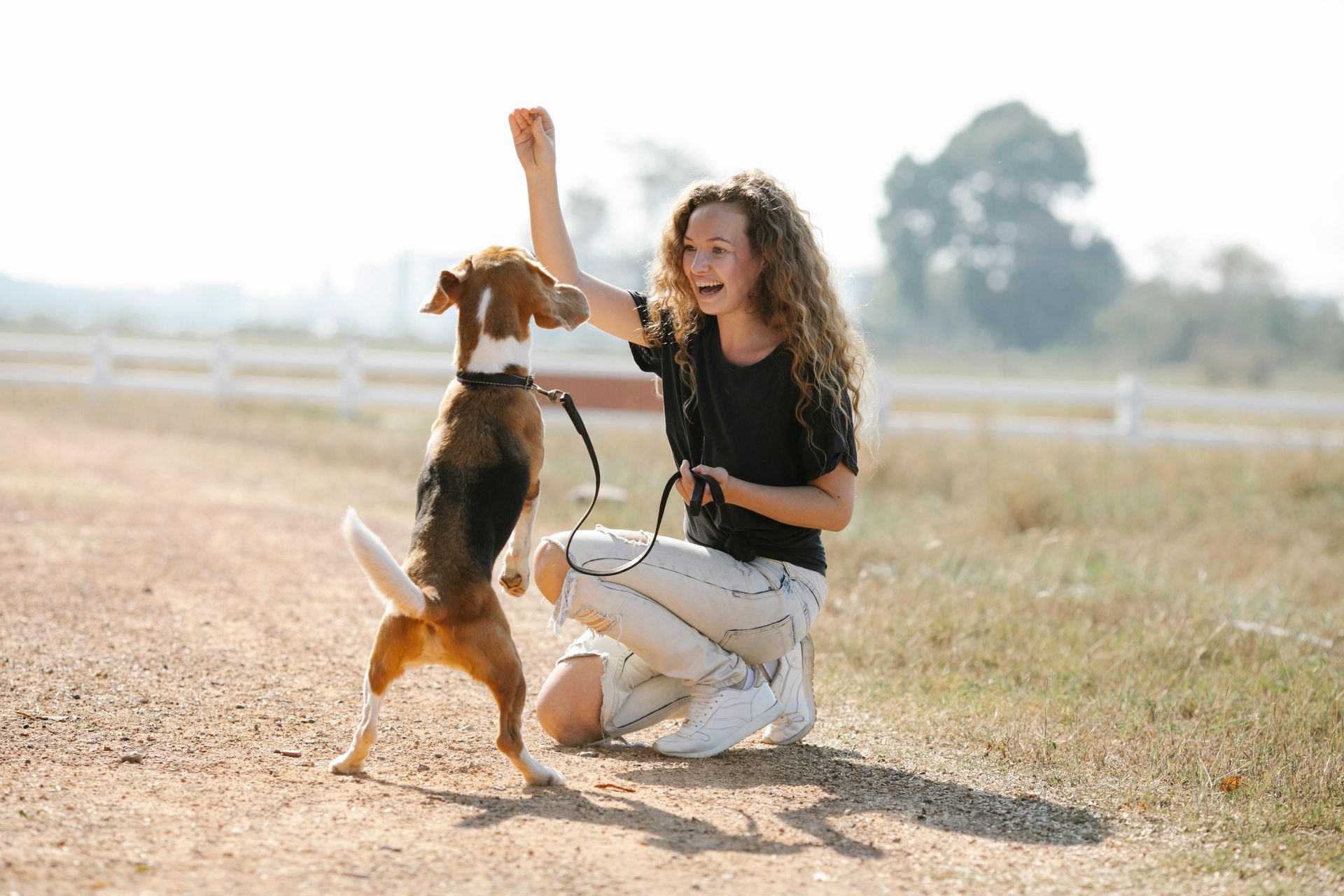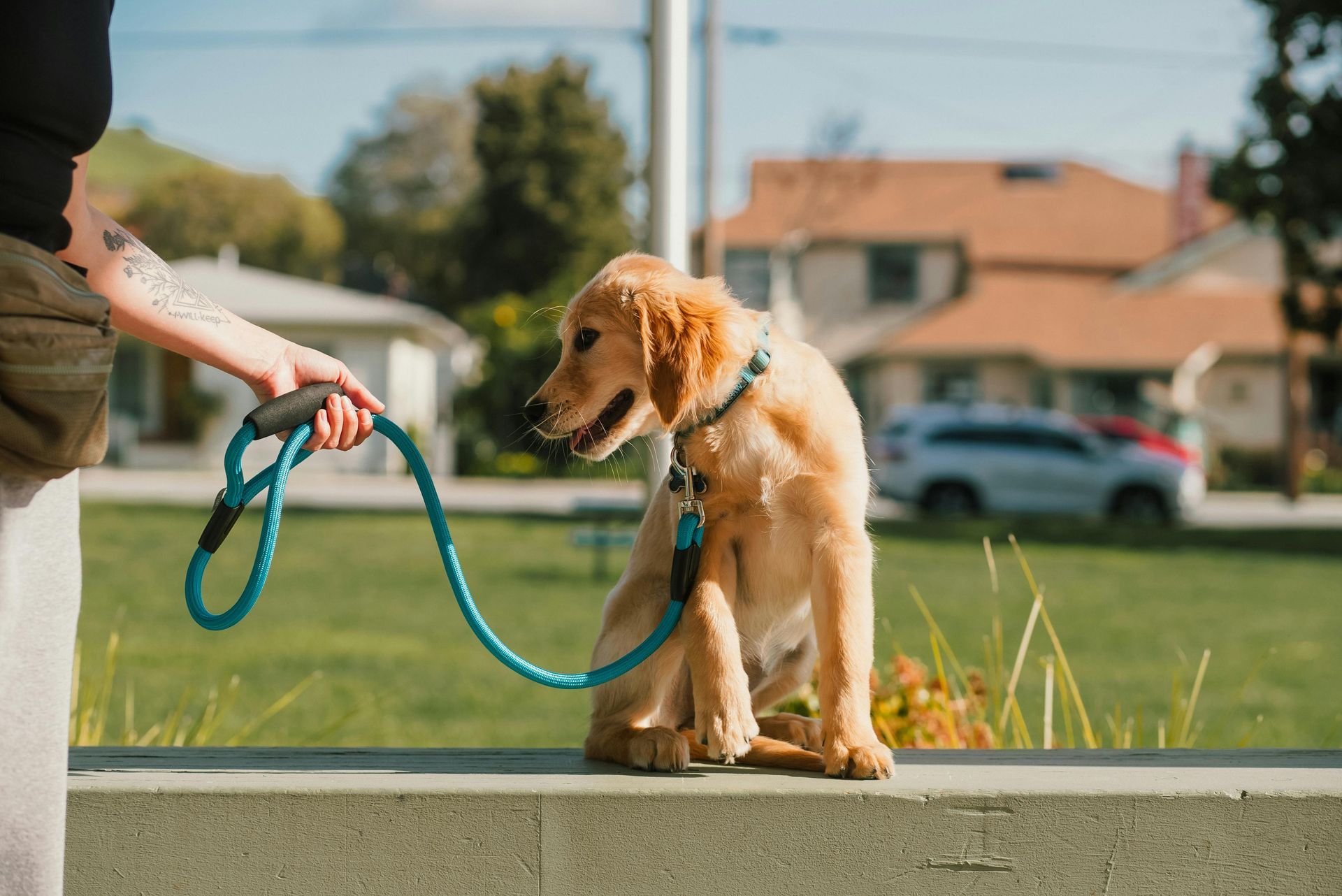What to Do If Your Dog Eats Chocolate
Chocolate, while a delightful treat for humans, especially during festive occasions, can be extremely dangerous for dogs. Here’s what you should know and do if your furry friend accidentally consumes chocolate.
Why Is Chocolate Dangerous for Dogs?
Chocolate contains theobromine, a compound that dogs metabolize much slower than humans. The darker and purer the chocolate, the higher the concentration of theobromine, which can be toxic to your pet. Even small amounts of dark chocolate can pose a serious risk, especially to smaller dogs.
Symptoms of Chocolate Poisoning in Dogs
- Mild Cases: Might cause slight gastrointestinal upset including vomiting or diarrhea.
- More Serious Cases: Can lead to more severe symptoms such as hyperactivity, rapid heart rate, tremors, seizures, and potentially even death.
Immediate Actions to Take
- Assess the Situation: Try to determine how much chocolate your dog consumed and what type it was (milk, dark, white, etc.). This information is crucial for determining the severity of the poisoning.
- Contact Your Veterinarian: Quickly call your vet or an emergency pet poison control hotline. They can advise whether you need to induce vomiting or bring your pet in for immediate treatment.
- Inducing Vomiting: If advised by your veterinarian, you may need to induce vomiting at home. This is typically done using 3% hydrogen peroxide, but it’s crucial to use the correct dosage and follow vet instructions carefully. Not all dogs should be induced to vomit at home, especially dogs that are brachycephalic (like Bulldogs), very young, old, or those with certain health conditions.
Veterinary Treatment
- Inducing Vomiting: Your vet may administer a safe agent like apomorphine to induce vomiting.
- Activated Charcoal: To prevent further absorption of theobromine, your vet might administer activated charcoal, especially if the chocolate was consumed within the last few hours.
- Supportive Care: In cases of severe toxicity, supportive treatments such as IV fluids, medications to stabilize heart rate, anti-seizure medications, or sedatives might be necessary.
Prevention Tips
- Secure Your Sweets: Always store chocolate and other sweets out of your dog’s reach. During holidays and family gatherings, be extra vigilant to ensure sweets are not left unattended.
- Educate Your Family: Make sure everyone in your household understands the dangers of feeding chocolate and other harmful foods to dogs.
Chocolate ingestion is an emergency that requires immediate action to prevent serious health consequences. Always keep chocolate securely stored away from pets and educate everyone in your home about the risks. If an accident occurs, quick and informed actions combined with prompt veterinary care can make a crucial difference in your dog's health.

